Prominent constitutional lawyer Ndegwa Njiru (Omwenga) has raised the alarm over President William Ruto’s ongoing church project inside the State House compound, branding the initiative unconstitutional, exclusionary, and ill-timed. The salvo intensifies a national debate over the separation of church and state amid mounting political tensions.
Speaking in Nairobi, Omwenga said the construction—regardless of funding sources—violates Article 8 of Kenya’s Constitution, which mandates strict neutrality on religious matters and flatly prohibits adoption of any state religion. He warned that building a Christian sanctuary within State House “undermines pluralism and marginalises non-Christian traditions.”
Basing his legal critique on constitutional tenets, he declared:
“If you can build a church, you must also build a mosque, Hindu temple and traditional shrines.” Omwenga pledged to pursue court action, arguing the project infringes on public land and public trust.
The backlash has drawn powerful allies. Anglican Archbishop Jackson Ole Sapit warned that State House is a seat of executive authority—not religious dominion—and questioned whether Ruto intends to become the church’s spiritual leader. “Will the President be the bishop of this church at State House?” he asked.
Similarly, Busia Senator Okiya Omtatah called the move immoral and illegal, questioning the integrity of the funding and stressing that public land cannot be appropriated for personal religious expression.
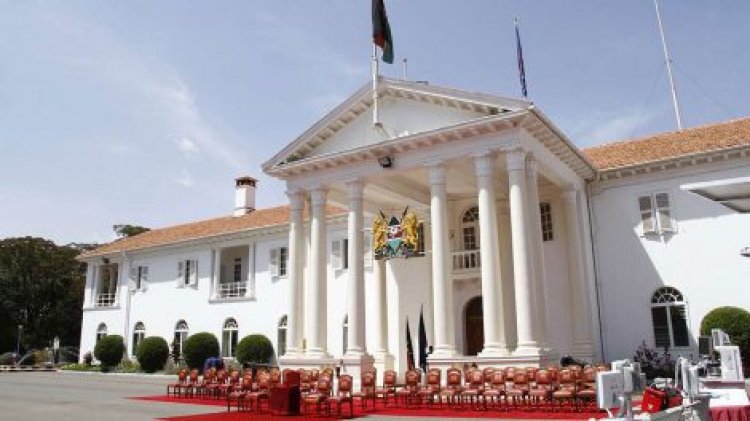
In contrast, Ruto has defended the project vigorously. He insists the construction is privately funded using his personal resources, estimated at around Sh 350 million—not Sh 1.2 billion as widely reported—and says he has “no apologies to make.” He maintains that the church replaces a rusting iron-sheet chapel found on the compound and serves State House staff and residents without drawing public money.
Why the Row Matters Now
- Constitutional Integrity vs. Religious Symbolism: Omwenga and his allies argue that regardless of intent or funding, the symbolism of a Christian chapel at the center of executive power contradicts Kenya’s secular foundations.
- Public Funds and Accountability: While Ruto claims personal financing, leading figures—including Senator Okiya Omtatah—demand transparency on whether parliamentary-approved renovation budgets are being diverted.
- Timing Amid Crisis: Critics note that Ruto unveils this project just as youth protests intensify and economic discontent rises—a period when resources for health, education, and jobs are visibly strained.
Political Stakes and Public Sentiment
Legal scholars warn that failure to halt the project could establish a perilous precedent—where personal faith supersedes constitutional duty at the highest office. Opposition leaders predict that Kenyans will no longer tolerate political symbolism misaligned with governance priorities. Meanwhile, civil society groups such as the Atheists in Kenya Society have vowed court action to block the church’s construction, calling it “Christian nationalism.”
Public reaction on social platforms underscores the unease. As one Reddit user observed:
“The Church in Kenya has lost its voice… they are now silent for they cannot bite the hand that feeds them.”
What Comes Next
A legal petition is expected to be filed before the High Court by the constitutional lawyers. A hearing is tentatively scheduled for July 24, 2025. Critics say the outcome could redefine Kenya’s boundary between civic governance and personal faith at the epicentre of power.
With major opposition figures, religious leaders, and civil society poised against this initiative, the church saga may deepen public mistrust in leadership. Whether Ruto presses ahead or retreats under pressure, the case tests Kenya’s constitutional commitment to religious neutrality and public accountability—stakes far greater than bricks and stained glass.

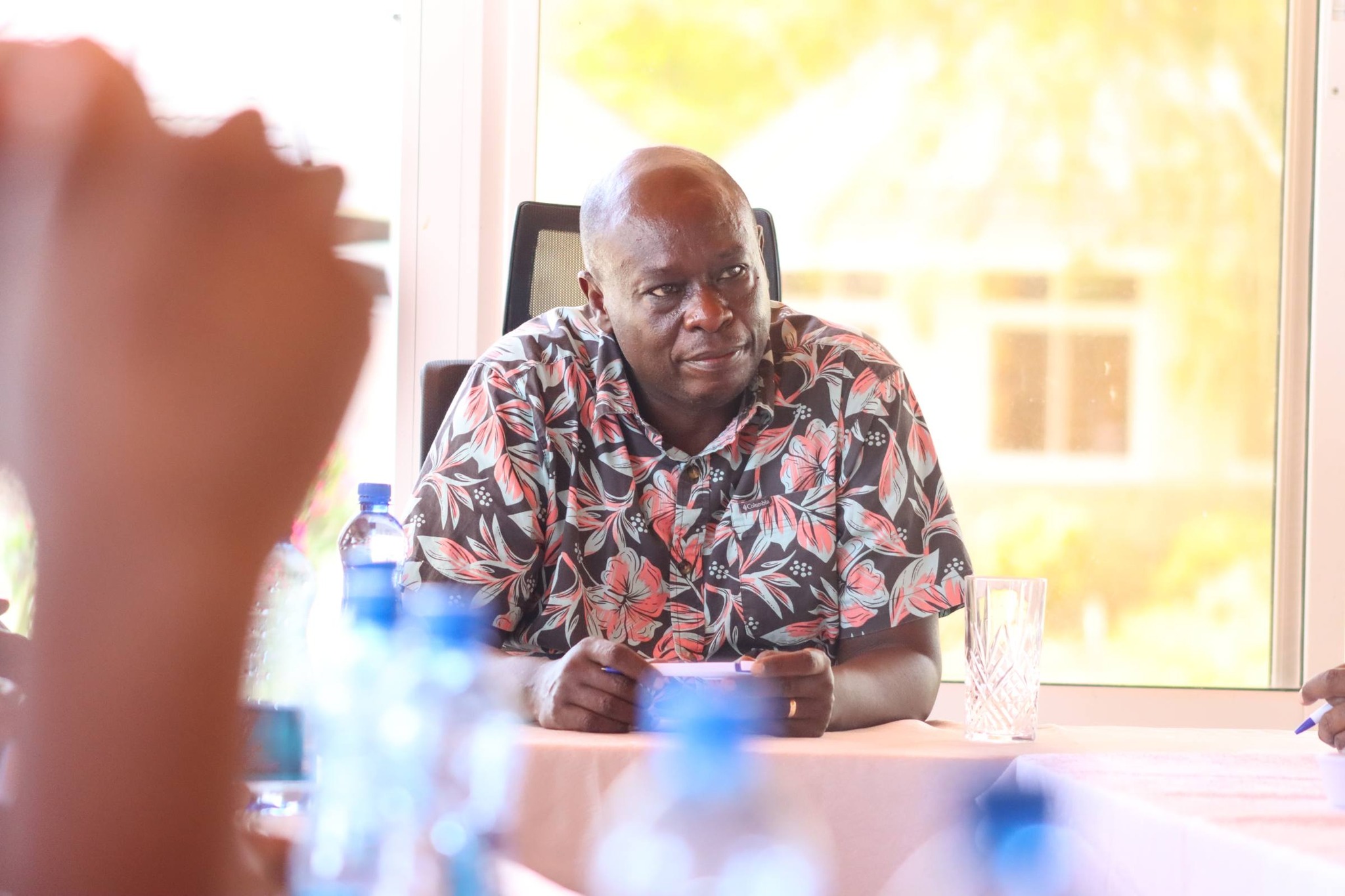
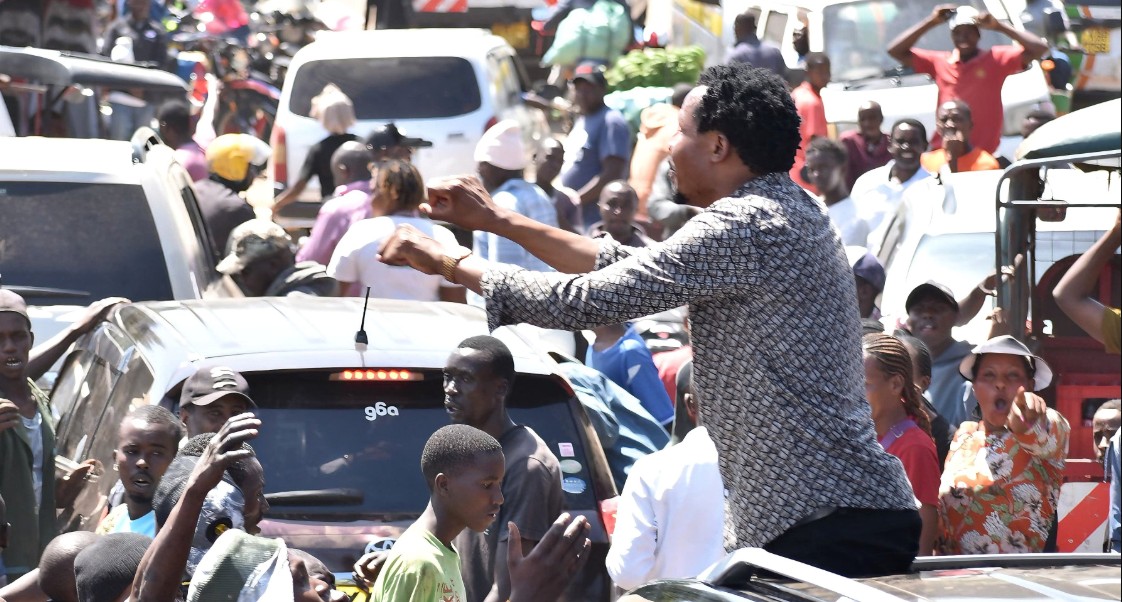

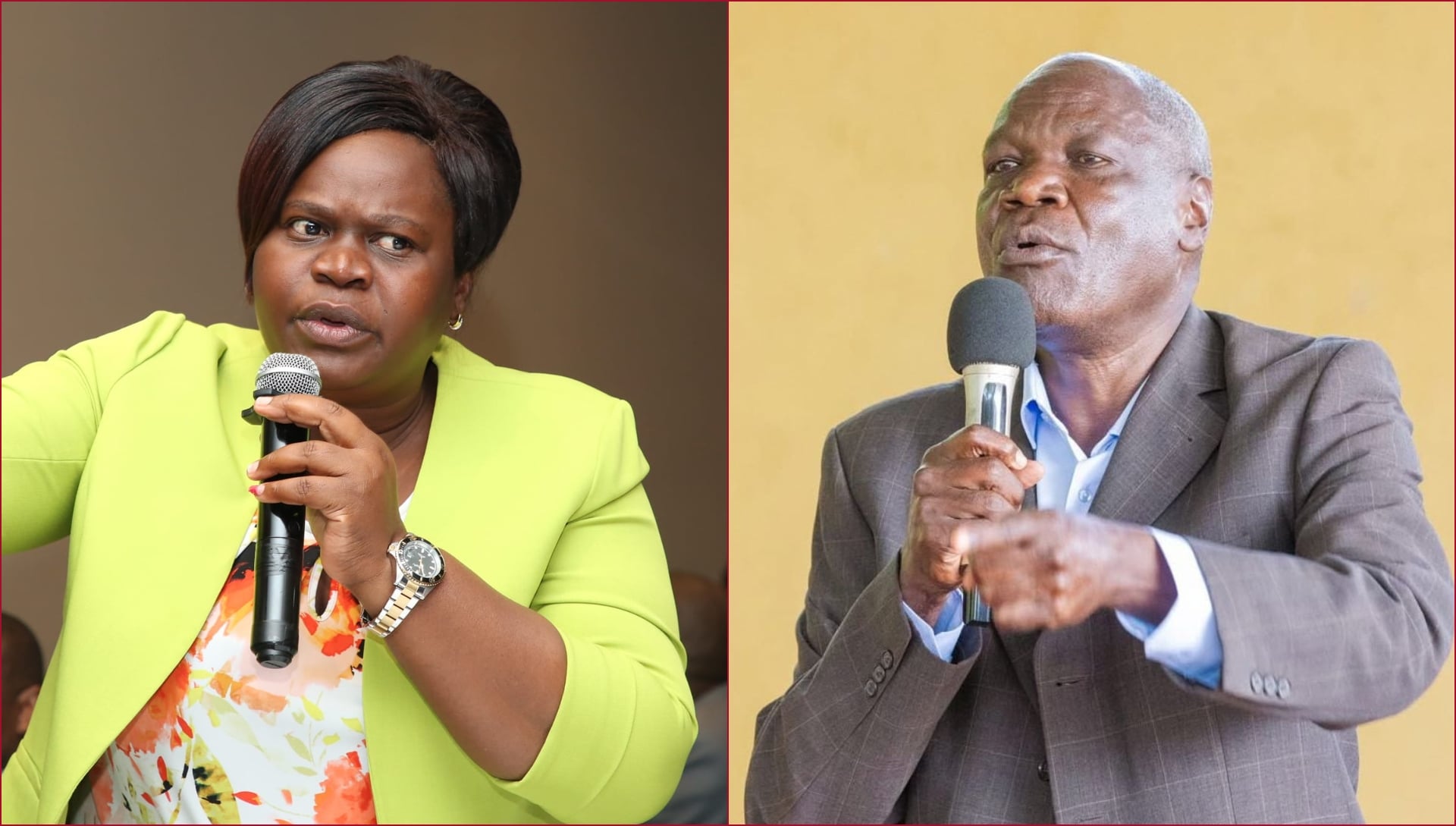
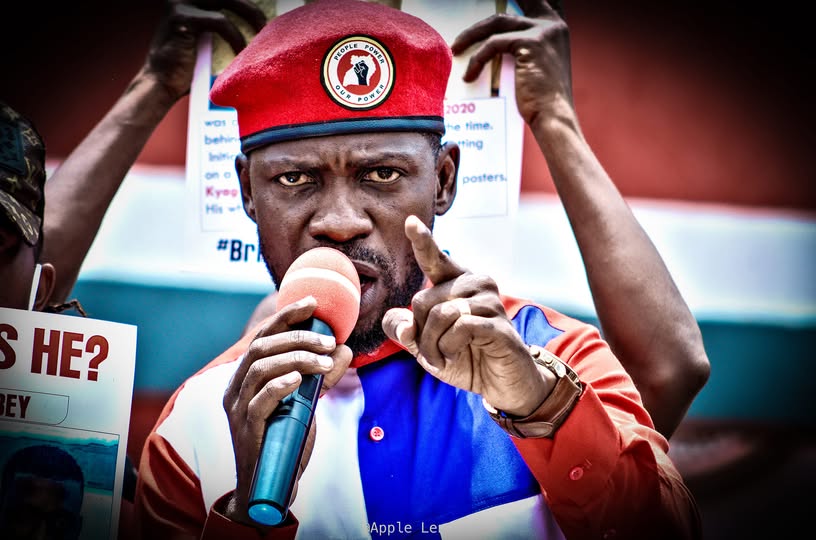
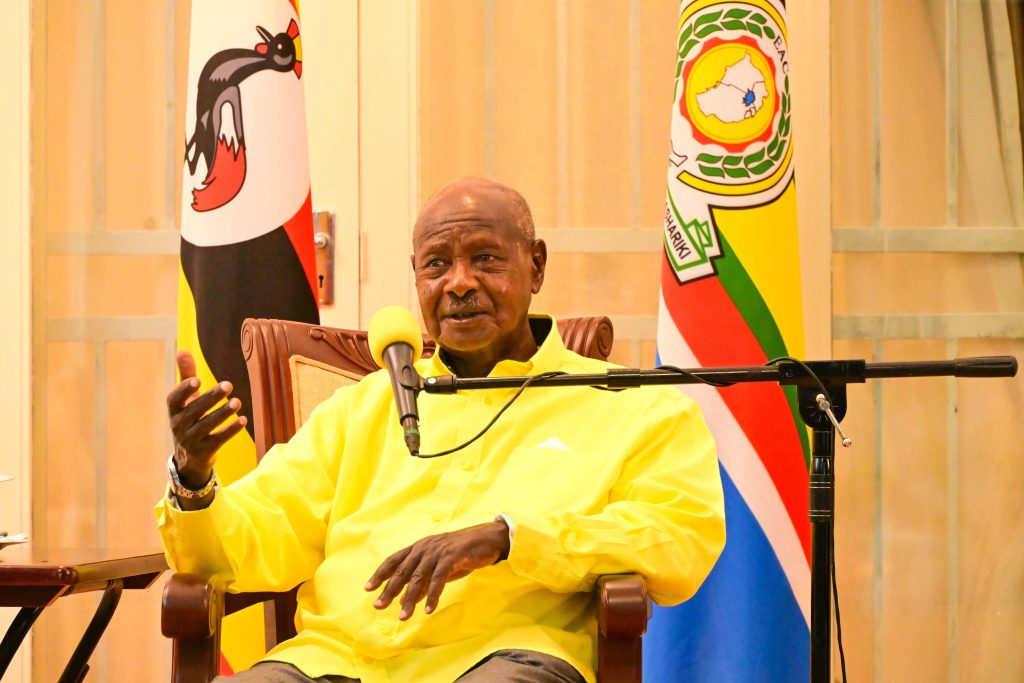
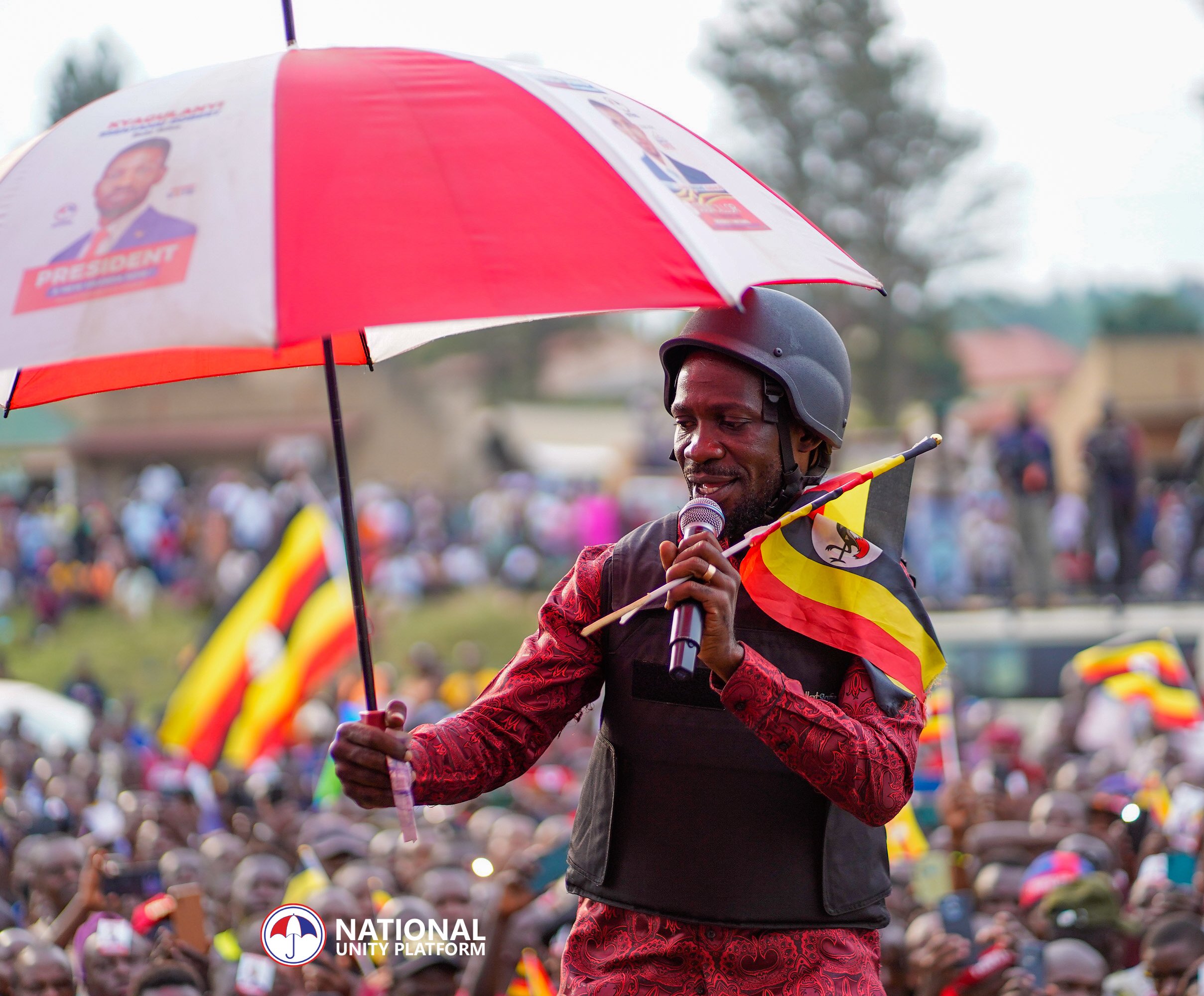
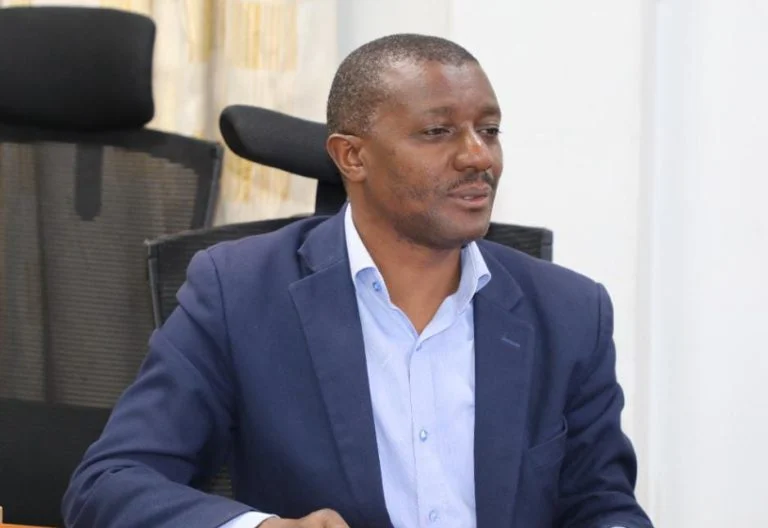
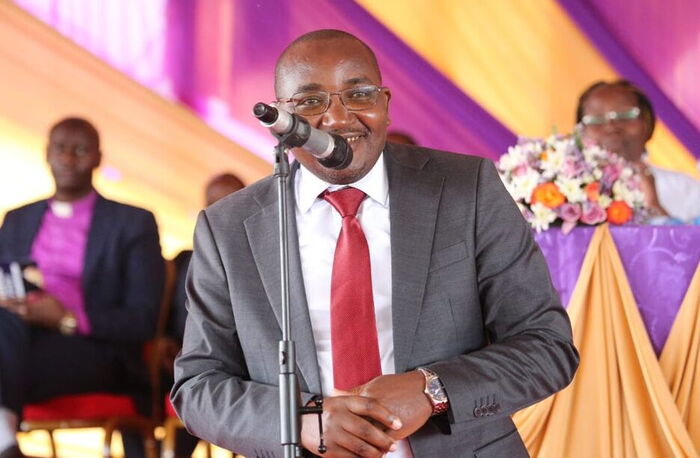

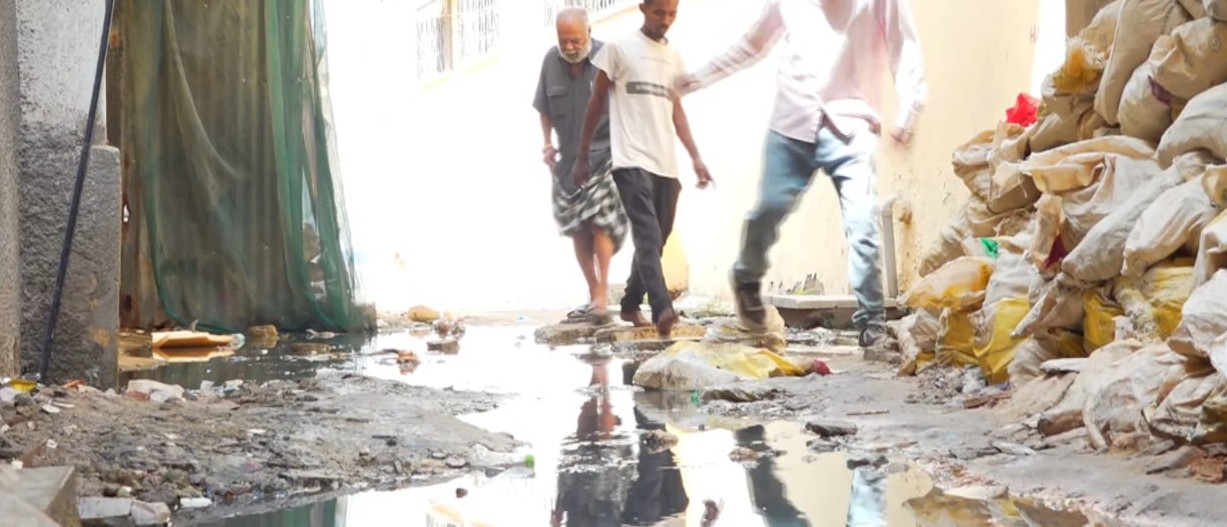

Leave a Reply